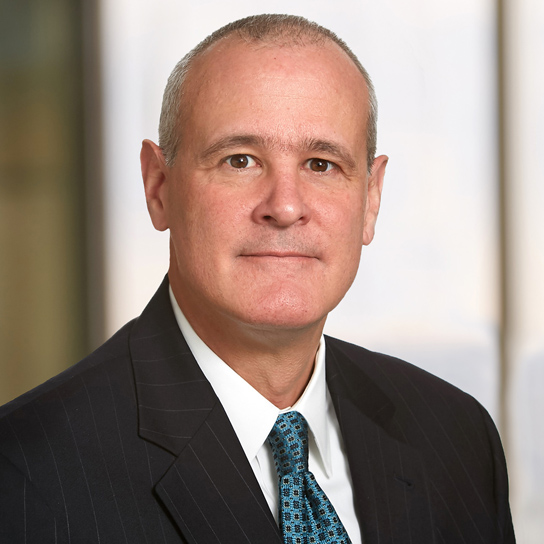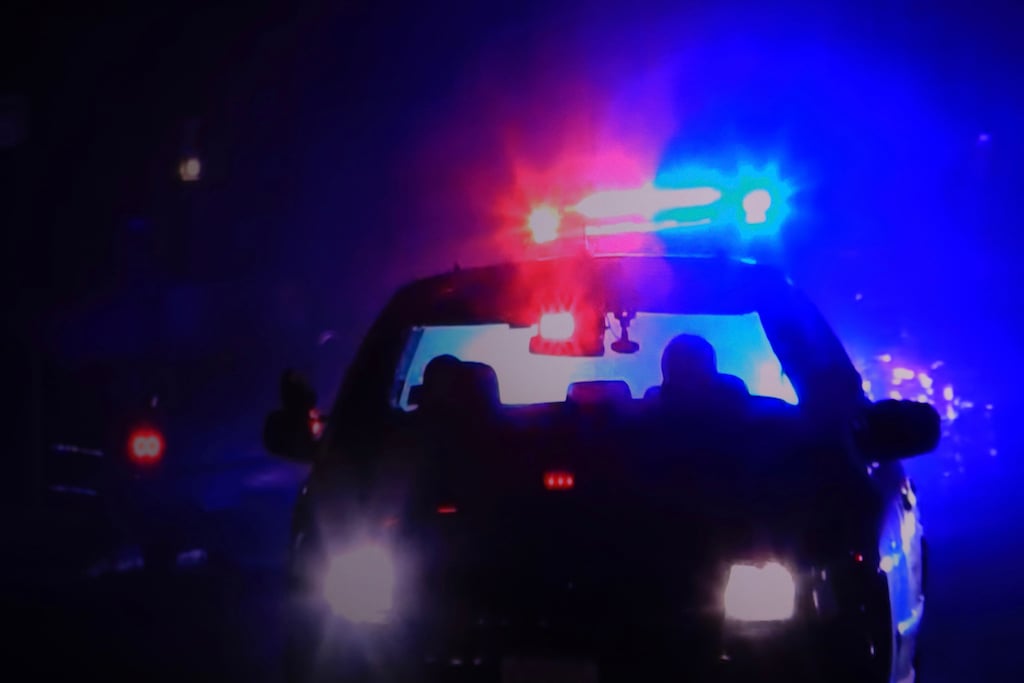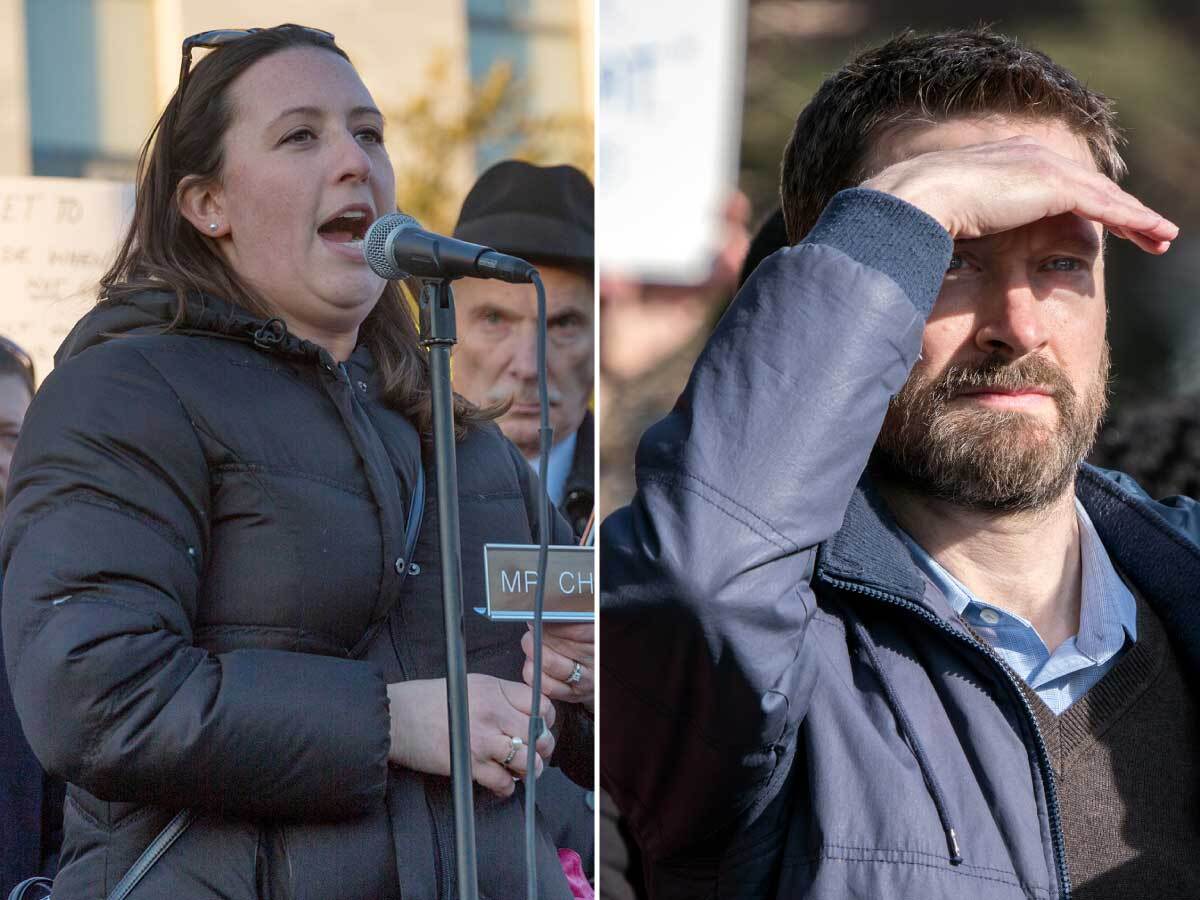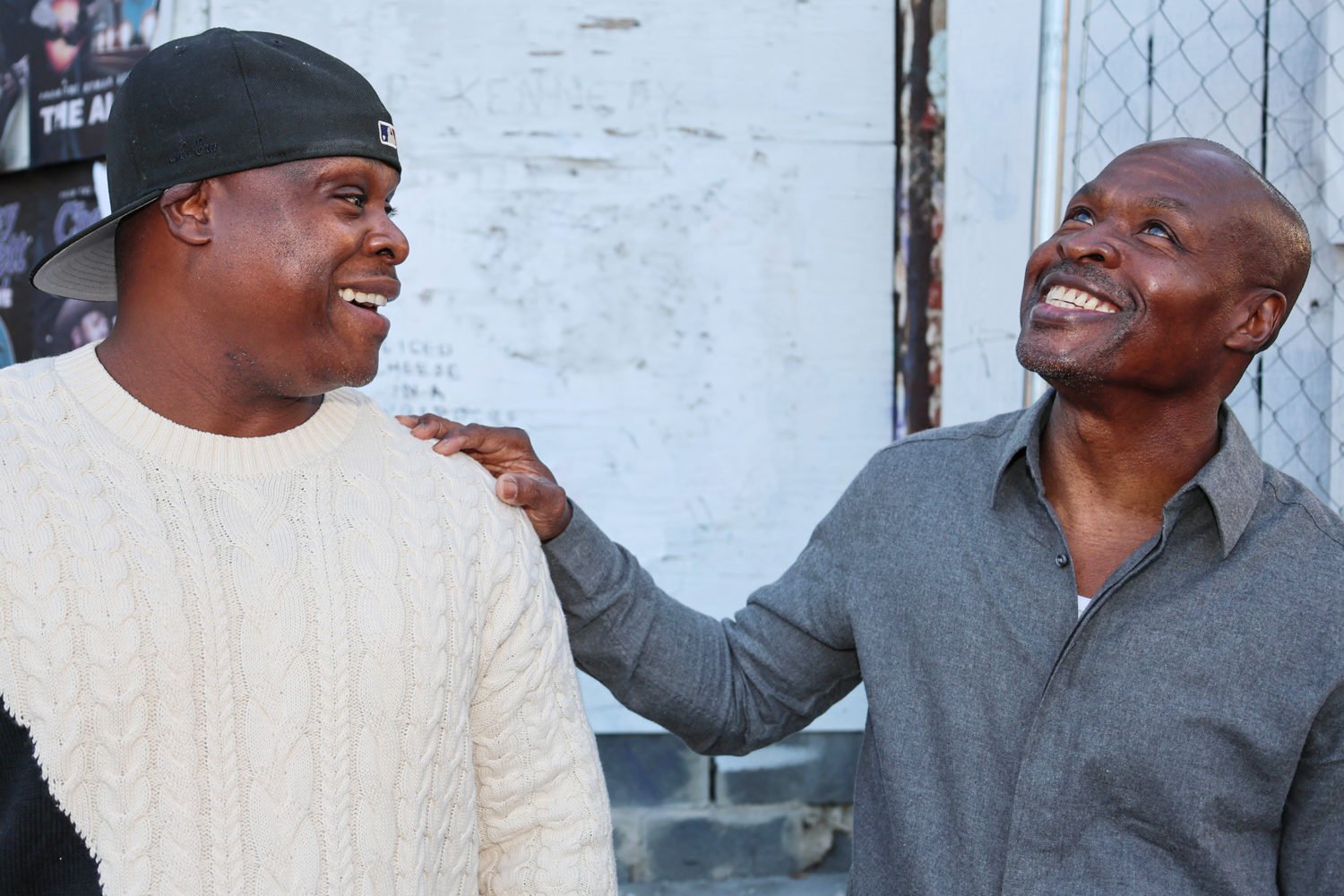Adnan Syed—whose case became topic #1 around water coolers everywhere thanks to the wildly popular podcast, Serial—was given a rare shot at a new trial when a Baltimore judge vacated his conviction last month. This time around, he’s rolling deep in legal firepower. His longtime Baltimore defense attorney, Justin Brown—who won him the new trial—will be by his side, as will T. Clark Weymouth and Steven Barley, partners at 2,500-lawyer, international behemoth Hogan Lovells. Weymouth, who’s based in Washington, heads the firm’s pro bono matters, and Barley is managing partner of its Baltimore office. They spoke with Washingtonian about what’s next for Syed.
How and why did Hogan Lovells get involved?
Steven Barley: Justin [Brown] approached us. He has a personal friend who is one of our colleagues in our Baltimore office.
T. Clark Weymouth: Certainly we’re getting a lot of attention these days for agreeing to work with Justin on the Adnan Syed case, but we’ve worked on innocence cases and other cases in which people have been wrongly incarcerated—it’s been a big focus of our pro bono practice—for many years.
Had you listened to Serial before you got this case?
TW: I and many other people at the firm listened to Serial back when it was being broadcast. We at the time said “what an interesting case, wouldn’t it be fun and interesting to work on it?” long before Justin ever reached out to us.
SB: I listened to it for the first time after we were engaged in the case. I finished it up the weekend before Fourth of July. My take-away was it sounded like there were some serious issues that perhaps weren’t addressed in the prior trial. It did not appear Adnan had received the benefit of a full and fair trial.
Which issues do you find especially compelling?
SB: Certainly the two that were raised by Justin Brown in the post-conviction phase—the lack of calling or even contacting a strong alibi witness, and also the cell tower information—that you can’t rely on the cell towers to [place] Adnan at Leakin Park.
TW: I would add one more piece of evidence—and again, this isn’t an exhaustive list—but the state relied heavily on the testimony of a witness named Jay Wilds. When you look at his ever shifting story, it really, at least in my mind, raises doubt about the veracity of anything he was saying, let alone the story that was woven together about Adnan.

Do you intend to re-interview Jay?
SB: It’s certainly something we’re considering.
Is it a challenge, an asset, or both that so many Serial fans are out there piecing together their own theories?
SB: I do think getting your arms around all of that information is a challenge—figuring out what’s important, what’s reliable.
TW: I don’t think we’re looking at this as a whodunnit in terms of “we need to find Hae Min Lee’s killer.” But rather, what is the evidence that suggests Adnan did it? And if there is none, he should be acquitted.
How have your past innocence cases prepared you for this one?
TW: We’ve had experience going through some very old, very incomplete records to try to figure out what actually happened. We’ve got a case pending now in Mississippi where a guy’s on death row who was tried six times for murders he didn’t commit. We’re going through six different trial records and transcripts. Of our earlier innocence cases, the one that’s most apt is work we did for Derek Tice, who was one of the Norfolk Four. The cops coerced a confession out of Tice, who, based on duress during the questioning, confessed to these murders when in fact he didn’t do it. We prevailed in getting him exonerated.
What resources do you add to the defense?
TW: 2,500 lawyers worldwide. We couple that with sophisticated access to technology. We also know who the key experts are and we’re able to bring them in for pro bono cases. The other aspect that I think distinguishes us is this is a Baltimore case, and we’ve got a top notch Baltimore litigation practice that Steve heads up.
SB: We fondly refer to it as Smaltimore. I think that’s critically important—to know the court system, to know the clerk’s office, to know the judges, to sort of be one with the jurors that will be called in the case, and also to have a pulse on the city.

Any idea how long it will take for Adnan to actually get a new trial?
SB: We do not know what the state’s going to do yet. They’ve made some statements that would indicate they seek to appeal [the judge’s decision to vacate Adnan’s conviction], but they haven’t done that yet, and they haven’t talked to us about it. If they seek leave to appeal and it’s granted, then the appellate court can move quickly or slowly. They may also elect not to appeal, and then seek to retry him. There’s also the possibility they may not retry him at all. As we’ve said, they have some real issues with the evidence. But it needs to be fleshed out more before we can [predict] anything.
Have you spoken with Adnan?
SB: We have not spoken with him. Most of our communications have been through Justin. Justin has made a lot of wise decisions on Adnan’s behalf, and I think Adnan, rightly, trusts Justin.
Do you know how Adnan reacted to news that you joined his defense team?
TW: The word we got back from Justin was that Adnan used the word “thrilled.”
Do you foresee interviewing Sarah Koenig or any of the folks behind Serial to help prepare your case?
SB: There may be a time where we approach them. Again, we’re still in the stage of putting together what needs to be done, so we haven’t made a determination about that yet.
This interview has been edited and condensed.



















